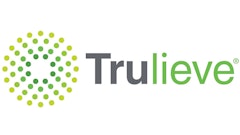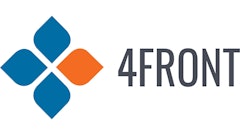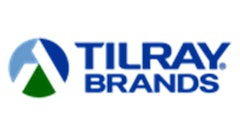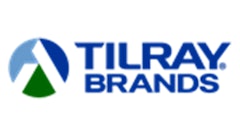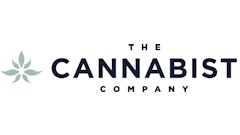
DionyMed, a publicly traded Canadian cannabis brand, is acquiring MMAC’s 1.83-acre cannabis campus in Los Angeles. The purchase price is $13 million in cash and $6 million in stock. Because the real property in this transaction will flow through a real estate investment trust (REIT), the M&A deal functions as two deals in one.
The Canadian cannabis company used a cannabis REIT to do the financing on this deal. DionyMed will acquire the Los Angeles asset from MMAC and then sell the property to Innovative Industrial Properties (IIP) for $13 million; IIP will then lease the property back to DionyMed on a 15-year contract (with two optional five-year extensions).
The IIP leaseback model has been seen across the U.S. in different cannabis markets. For both DionyMed and MMAC, the net result is an acquisition that provides greater access to capital to both buyer and seller. Jonathan Storper, a Hanson Bridgett attorney who represented MMAC in the deal, said that U.S.-based cannabis companies are increasingly looking for creative ways to scale their business. Financing that growth through M&A—and, in many cases, going through public Canadian buyers—can be an effective strategy as competition among U.S. businesses continues to heat up in California and in other state markets.
“The overall issue is this is a maturing industry, but not a mature industry,” Storper says. “It's a growing industry that's looking for financing in a federal regulatory environment that makes it extremely difficult.”
IIP shares trade on the New York Stock Exchange. The company’s ability to work across the U.S.-Canada border and help facilitate a real estate deal like the DionyMed-MMAC deal has brought it into numerous M&A transactions recently. In this leaseback structure, time and money become more flexible variables in a deal.
RELATED: This Company Helps Medical Cannabis Cultivators Access Real Estate Capital
“A leaseback arrangement is useful when a company needs to use the cash invested in an asset for other investments, but the asset is still needed in order to operate,” according to Investopedia.com.
It’s a model that’s led IIP to pick up a 12-state portfolio of cannabis real estate. “We act as a source of capital to these state-licensed operators by acquiring and leasing back their real estate,” according to the company’s information on leaseback strategy. “This allows for the opportunity to redeploy the proceeds into core operations, yielding a higher return than they would otherwise get from owning real estate.”
As a DionyMed press release outlines, the Los Angeles cannabis campus provides the Canadian company:
- “A market leading, Southern California direct-to-consumer fulfillment center capable of supporting up to 600 cannabis delivery drivers;
- “A dispensary storefront, distribution facility and manufacturing hub;
- “Premium indoor cultivation;
- “All property, leaseholds, equipment and licenses.”
“This acquisition strategically positions DionyMed as a leader in California’s cannabis market,” Edward Fields, CEO of DionyMed, said in a public statement. “By incorporating MMAC’s Southern California direct-to-consumer fulfillment center, distribution facility, manufacturing hub, cultivation facility and dispensary storefront, with our existing operational base in Northern California, DionyMed is positioned for long-term growth to serve the largest cannabis market in the country.”
For MMAC, the infusion of capital will allow the company to focus on its new dispensary in San Francisco (operating under the name Project Cannabis) and scale its operations in southern California. “The funds will allow them to continue to consider how to grow and scale their business,” Storper told Cannabis Business Times.
“Now that we’ve established our Los Angeles platform, the sale of the property provides MMAC additional working capital to quickly expand its footprint beyond the Los Angeles area,” Cameron Smith, COO of MMAC, said in a public statement. “Further, by partnering with DionyMed, one of the top operators in the cannabis industry, we can utilize their efficient direct-to-consumer cannabis platform to drive increased awareness of our brands.”















